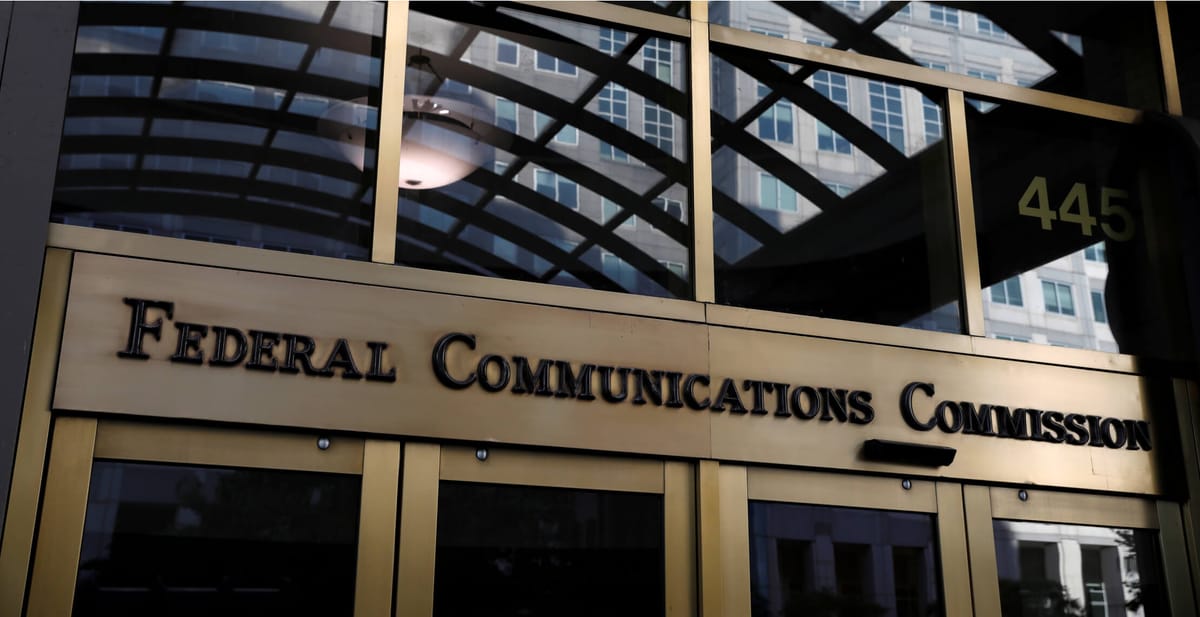
The Federal Communications Commission has fined Lingo Telecom $1 million for transmitting AI-generated robocalls impersonating President Joe Biden leading up to the New Hampshire primary in 2023. The robocalls urged voters to “save your vote for November,” misleading Democratic voters into thinking they should not vote in the primary.
The robocalls were orchestrated by Democrat political consultant Steven Kramer, who is facing separate charges of voter suppression and impersonation of a candidate. Kramer, who was supporting another candidate, is accused of attempting to suppress voter turnout as part of an effort to influence the Democratic primary, in which Biden was a leading candidate.
The robocalls were traced back to Life Corporation, a Texas-based company that was a long-time customer of Lingo Telecom. Life Corporation certified to Lingo that the calls were legitimate, but Lingo’s failure to thoroughly vet this certification led to the spread of the disinformation campaign.
This has now led to the imposition of new, stringent compliance measures, marking the first settlement of its kind by the FCC. In addition to the fine, Lingo must implement rigorous “Know Your Customer” (KYC) and “Know Your Upstream Provider” (KYUP) protocols, aimed at verifying the legitimacy of customers and the calls they initiate. This compliance framework includes adherence to the FCC’s STIR/SHAKEN caller ID authentication standards, designed to prevent fraudulent use of telecom networks.
FCC Chairwoman Jessica Rosenworcel emphasized the importance of transparency when AI is used in communications: “Every one of us deserves to know that the voice on the line is exactly who they claim to be. If AI is being used, that should be made clear to any consumer, citizen, and voter who encounters it. The FCC will act when trust in our communications networks is on the line.”
The settlement sends a powerful message, according to FCC Enforcement Bureau Chief Loyaan A. Egal, who called the misuse of generative AI voice-cloning technology a “significant threat” to both domestic and foreign communications. Egal added that service providers must serve as the “first line of defense” against such threats and will be held accountable when they fail to do so.
Kramer, who admitted to commissioning the AI-generated Biden voice, faces 26 criminal charges in New Hampshire, along with a proposed $6 million fine from the FCC. His legal issues are still ongoing, as he was charged with both felony voter suppression and misdemeanor impersonation of a candidate.
The FCC’s actions have broader implications for the future of AI and telecom regulations. Alongside the settlement, the FCC has proposed new transparency standards that would require disclosures when AI technology is used in political advertisements on radio and television. This case also builds on the FCC’s broader efforts to crack down on AI-generated scams, including a recent ruling that makes AI voice-cloning technology in robocalls illegal without the express consent of the recipient.

